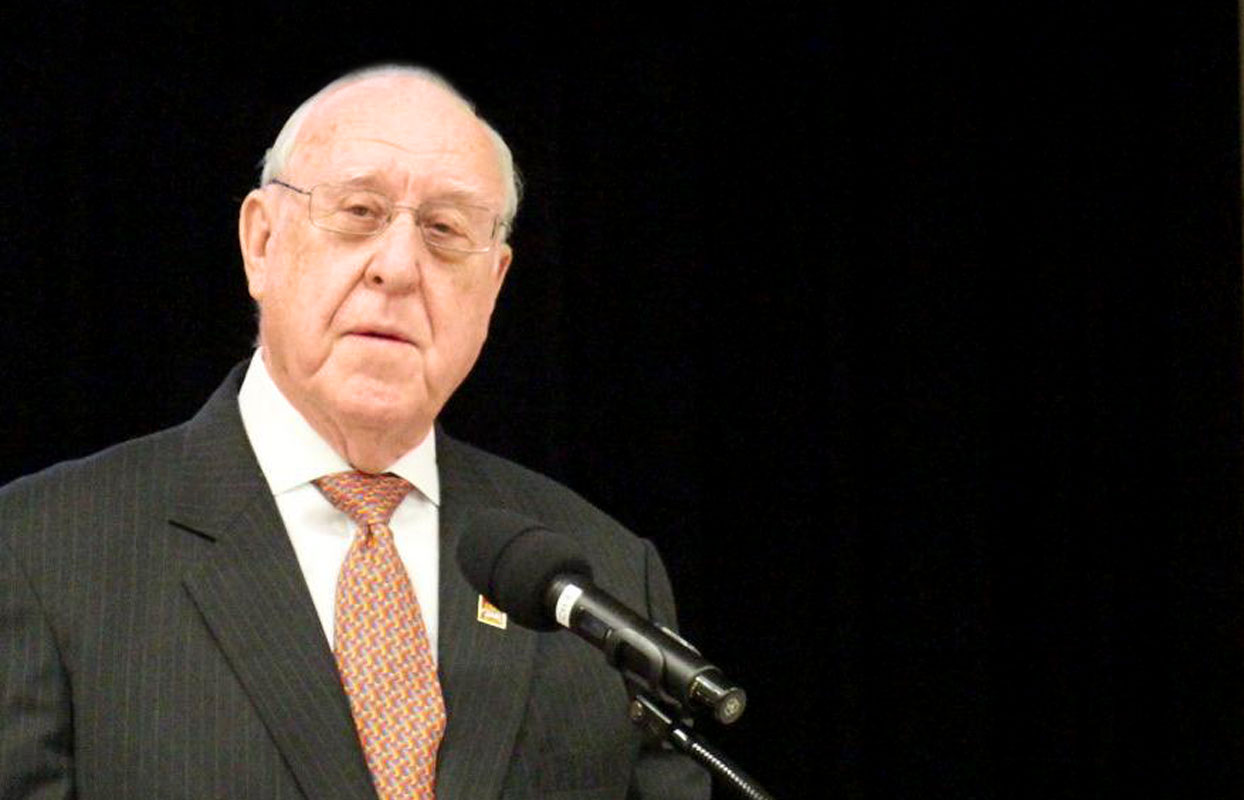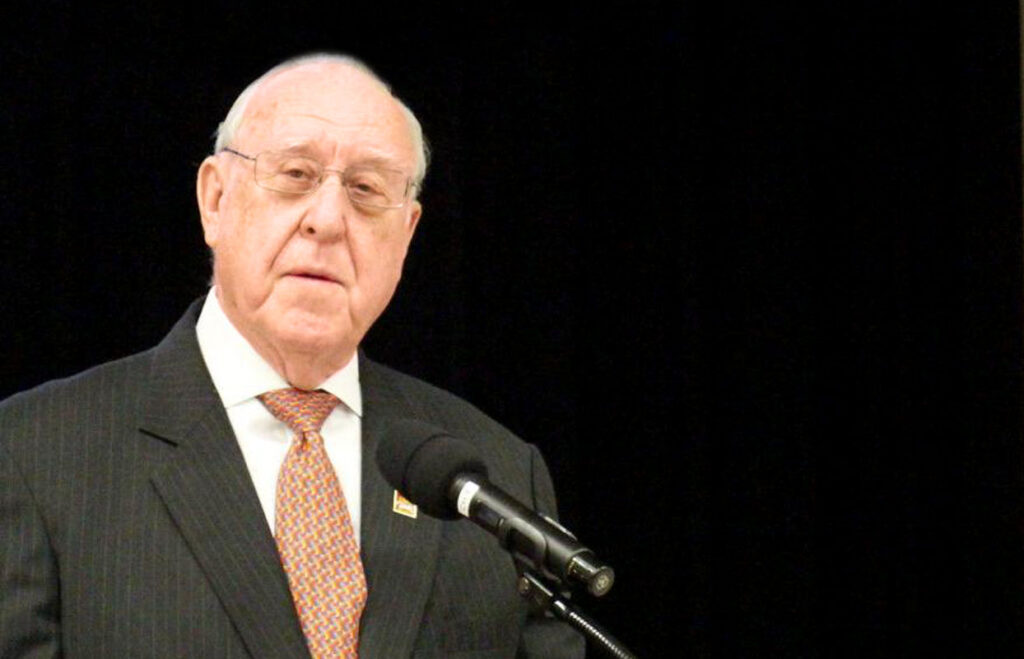The world needs the service of Rotarians now more than ever before. It needs our courage, optimism, idealism. It needs the voice of tolerance, cooperation, and hope that we offer. It needs the example of an organisation that has proven that the citizens of all countries can work together successfully, and in friendship,” said incoming TRF Trustee Chair John Germ, addressing the International Assembly, which went virtual this year.

Mother Teresa once said, “I cannot change the world, but I can cast a stone across the waters and create many ripples.”
Reminding the incoming governors that TRF “helps each of us to do good — whether by eradicating the poliovirus, by training the next generation of peace and conflict resolution experts with the Rotary Peace Centers, or through district and global grants,” he said through global grants Rotarians are meeting local community needs across the world. “Beginning on July 1, 2021, The Rotary Foundation will accept applications for global grants funding to support projects to protect the environment.”
In order to support the growth of global grants, the Trustees are rebalancing and improving the Foundation’s long-term financial health after carefully considering many options.”
For example, operational costs had been reduced and other changes made to provide an additional $4.4 million for global grant awards, “above what was originally budgeted for this Rotary year. We have also made a number of changes to World Fund matches for next year to stretch the amount available for global grants.”
Germ said that for the year ahead, to help expand Rotary’s reach, TRF had set three priorities.
“Our first priority is, of course, to end polio.
Our second priority is to increase contributions to the Annual Fund and PolioPlus while building the Endowment Fund to $2.025 billion by 2025. To that end, we have set a comprehensive fundraising goal of $410 million.”
The break up of these goals was:
- $50 million for PolioPlus, which is then matched double by the Gates Foundation to bring the total to $150 million. If every club contributed just $1,500, this goal could be surpassed. Encouraging their own districts to contribute 20 per cent of their available District Designated Funds would also provide leadership and set the pace for this programme.
- $125 million for the Annual Fund. Newer members need to be introduced to Rotary’s strong culture of philanthropy as embodied in “Every Rotarian, Every Year” slogan for the Annual Fund. So the DGEs would need to encourage every club, and every individual in every club, to contribute to this fund.
- The aim is also to raise $95 million for the Endowment Fund in outright gifts and new commitments.
- And then $40 million for other outright gifts.
- All of it adds up to a grand total of $410 million.
TRF’s third priority is to improve the measurable impact of the grants. “Increasingly, Rotarians, prospective members, philanthropists, and partners want to know the measurable impact of our programmes. While the impact of PolioPlus commitments is clear, we need to move to the next level of quantifying the impact of our other programmes.”
With this priority in mind, Programmes of Scale was introduced this Rotary year. It’s a competitive grant programme to fund promising, Rotarian-led, evidence-based programmes that have already demonstrated success in effecting change. These grants support longer-term activities that last for three to five years. “Through these Programmes of Scale, we want to find new ways to learn together, accomplish our mission, and demonstrate Rotary’s power to create real change.”
After receiving and reviewing 70 proposals, a deep analysis of the top applications was completed, and the first Programme of Scale recipient was the Zambia Malaria Elimination Programme.
This programme seeks to reduce the incidence of malaria by 90 per cent in 10 target districts in two provinces in Zambia and contributes significantly to a nationwide strategy. Led by the Rotary Club of Federal Way near Seattle, Washington, RI will collaborate with several African and international partners to co-fund and implement this programme. TRF’s contribution will be $2 million, with the others contributing $4 million, for the total project cost of $6 million. The project will reach 1.3 million people.
“In Zambia, malaria is a leading cause of illness and death, and Rotary and our partners are about to change that. This kind of large-scale service project should inspire us all on every level of Rotary — to think creatively about everything we do, to have the greatest impact that we can.
Germ said a past Rotary president had said we need to approach Rotary with an intelligent heart. And by that he meant that “we had to combine our emotional responses with pragmatic action. It was not enough to work with just one or the other. You need both. To me, that intelligent heart is The Rotary Foundation. It sends the lifeblood throughout our organisation; its constant beat is what powers Rotarians to achieve the very best in humanitarian service.”






